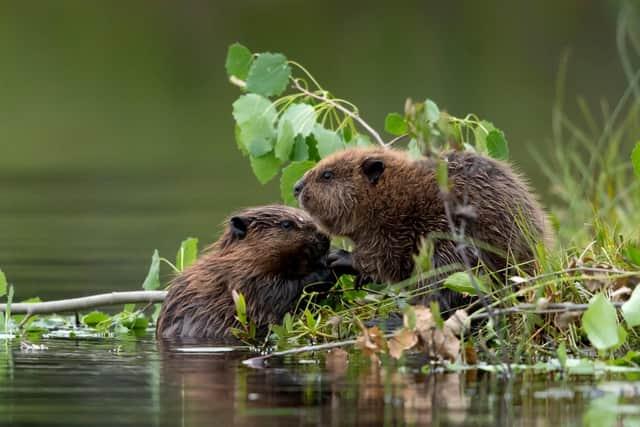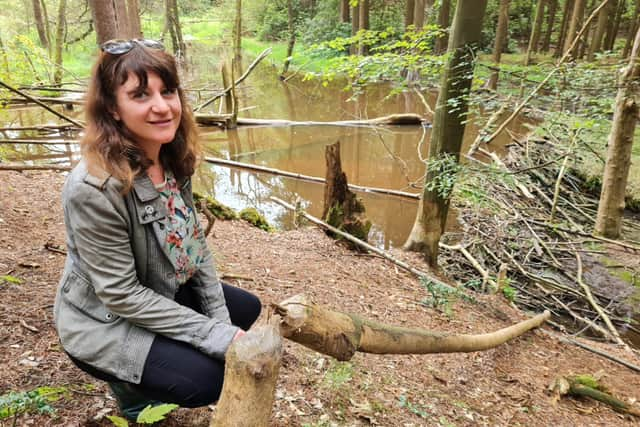Sheffield could see return of wild beavers as part of natural flood defence plans
and live on Freeview channel 276
Sheffield councillors recently approved spending £98.7K on a study on introducing beavers to Blacka Moor and the surrounding Upper Don Catchment as part of natural flood defence plans for the area. The study is being funded by a Yorkshire Regional Flood and Coastal Committee Capital Grant and by Yorkshire Water.
This will provide the opportunity to examine whether the reintroduction of beavers is feasible close to a major city, where thousands of homes and businesses are at risk of flooding.
Advertisement
Hide AdAdvertisement
Hide Ad

Dams created by beavers would slow down the rate of water flow from the large upland areas. This would have the potential to help safeguard Sheffield, plus Rotherham and Doncaster downstream, from flooding.
Green Party Coun Marieanne Elliot, who has been leading work in the council to respond to the nature emergency it called five years ago, last August visited a project in North Yorkshire and was impressed by what she saw.
She said that beavers help biodiversity because their presence creates a mosaic of habitats and this in turn allows more species to thrive.
Wetlands


When beavers fell trees to build dams, they don’t kill them, so the trees will coppice and regrow.
Advertisement
Hide AdAdvertisement
Hide AdShe said: “As trees are felled and wetlands created, other plant species emerge.
“Beavers bring wood into the water, that wood provides food and shelter for insects. Those insects become food for other species.
“The project I visited had more bats, herons, kingfishers, dragonflies, otters, owls and much more frogspawn, as a result of the beavers being there.
Coun Elliot said: “Securing the funding for a beaver feasibility study in Sheffield is really exciting. I went to visit a project in North Yorkshire that’s five years in, and could see how the beavers have positively changed the landscape.
“Not only have they mitigated flood risk by slowing the flow of water by building dams, there is improved biodiversity in the area too, with lots more wildlife.”